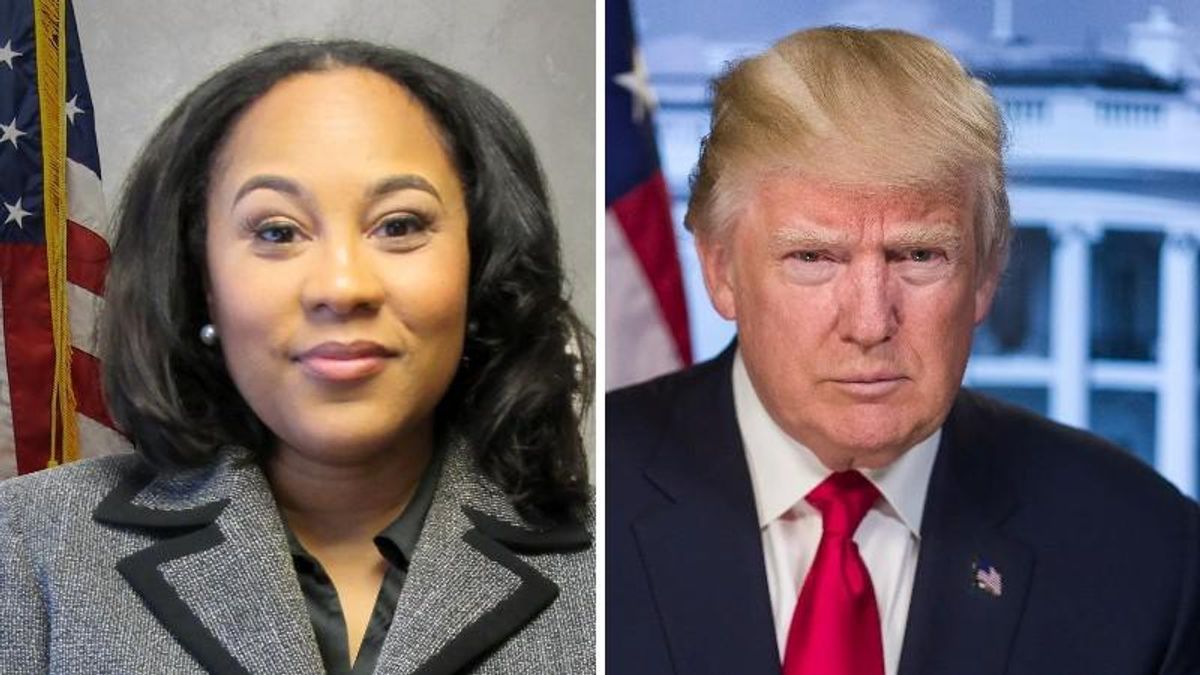
Georgia prosecutors building a criminal case against Donald Trump want to flip as many co-defendants as possible so they can focus on a smaller number of key players in what they say was a racketeering scheme to overturn a U.S. presidential election, legal experts say.
“They’re trying to shake as many of these co-defendants loose as they can,” Anthony Michael Kreis, a Georgia State University law professor, told the Associated Press Tuesday, “and focus on the people they want to focus on and just step on the accelerator and get things moving.”
This tactic has seen Fulton County District Attorney Fani Willis secure deals for Trump attorneys Sidney Powell, Kenneth Chesebro and, most recently Jenna Ellis, who cried in court as she submitted her plea Tuesday morning. Georgia bail bondsman Scott Hall has also pleaded guilty.
POLL: Should Trump be allowed to run for office?
Prosecutors hope to build a group of witnesses whose credibility might not stand up alone in a heated court case, said former U.S. Attorney John Fishwick.
Fishwick pointed specifically to Powell, whose position on his team Trump recently denied in a public about-face. Trump also told others Powell’s election fraud take sounded “crazy."
“It’s not a slam dunk that she is the knife to the heart of the former president,” Fishwick told the Associated Press. “She’s going to do something that hurts him. The level of the hurt, we don’t know yet.”
Willis has a big pool to draw from with 18 Trump co-defendants originally named in the 41-count complaint, which accuses Trump and his cronies of violating Georgia’s RICO, or Racketeer Influenced and Corrupt Organization, laws by pressuring local legislators to allow fake electors to confirm a victory that never happened in the state.
This fake elector case against Trump is strengthened by the plea deals, and not just because it builds up a roster of witnesses, argued George Washington University law professor Randall Eliason.
“Anytime that you’ve got co-conspirators pleading guilty” Eliason said, “that’s pretty significant.”




